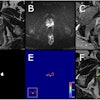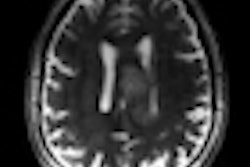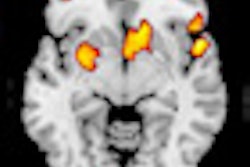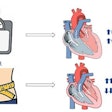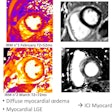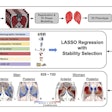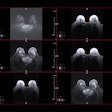Dear AuntMinnieEurope Member,
For even the most adventurous traveler, the prospect of working in Nepal is bound to set the pulse racing. As a starter, just think about the wonderful mountain scenery, the exotic cuisine, the warm and genuine people, and the fresh, clean environment.
To find out more about the reality of professional life in Nepal, staff writer Rebekah Moan interviewed a leading radiographer. To transport yourself to this fascinating region of the globe, click here.
High-field MRI continues to generate considerable interest and controversy. In a new multiple sclerosis study published this week, German researchers used 7-tesla MRI with a T1-weighted magnetization-prepared rapid acquisition and multiple gradient-echo (MP-RAGE) technique, and found that the protocol clearly delineated cortical lesions. Go to our MRI Digital Community or click here.
Computer-based simulators can be an effective way of estimating radiation dose in computed radiography studies. U.K. physicist Craig Moore and his colleagues have extensive experience in this area, and you can read about their latest findings in our Digital X-Ray Community or by clicking here.
In other news, it seems that the Mediterranean diet may well have significant benefits for the brain. New research may help explain why a Mediterranean diet has been linked to lower incidence of neurological conditions such as mild cognitive impairment, Alzheimer's disease, and dementia. Get the story here.
The European Congress of Radiology (ECR) begins next week, and our editorial and publishing team is gearing up for this major meeting. Log on from Thursday 1 March for our live coverage direct from Vienna. We would love to hear about your own ECR plans and activities. Please contact me at [email protected].
In advance of ECR, we have expanded our archive of translated articles in French, Italian, and Spanish. To read more, simply click on one of the three flags on our home page.




